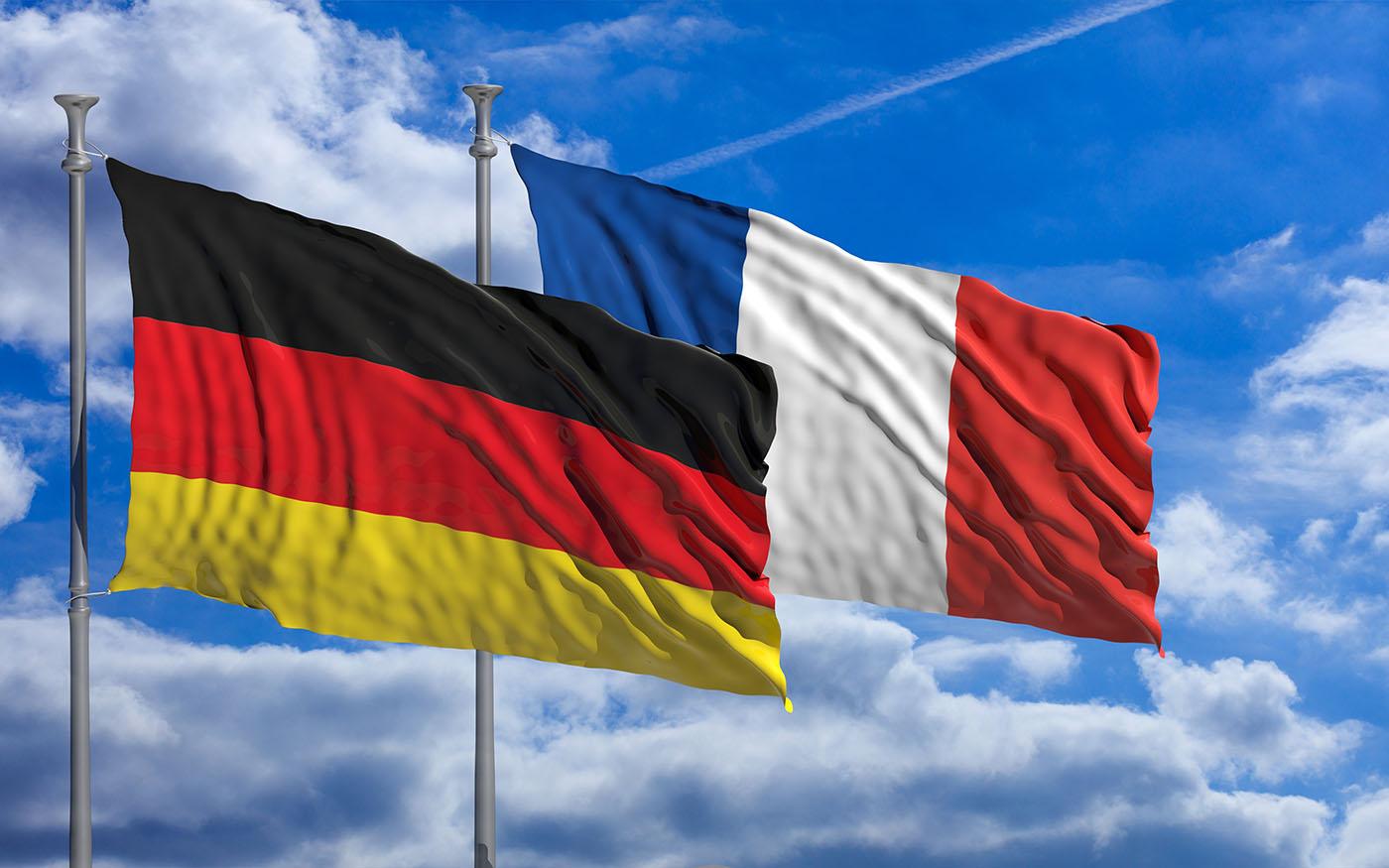France and Germany at the Ukrainian time: for a “new era”

Symbolised by the postponement of a joint Council of Ministers, the Franco-German tensions of this autumn 2022 crystallised over energy and military disagreements and stemmed more broadly from the new geopolitical situation created by the Russian invasion of Ukraine. It is up to both countries to adapt their positions to this new situation, by dealing with their own problems as well as those concerning their bilateral cooperation.
Franco-German relations are put to the test each time there is a new development in Eastern Europe, at the cost of more or less contained quarrels: Willy Brandt’s “Ostpolitik” thus encouraged Georges Pompidou to open the doors of the EEC to the United Kingdom, as a counterweight in a form of “ménage à trois”… The fall of the Wall and reunification with East Germany led François Mitterrand to advocate the creation of the European Union and the euro, by getting Germany to sacrifice the dominant Deutsche Mark so as to reaffirm its European anchorage. The enlargement of the EU to include the countries of Central and Eastern Europe imposed a rebalancing of decision-making powers, putting an end to Franco-German parity under the terms of the Treaty of Nice, which was painstakingly negotiated by Jacques Chirac and Gerhard Schroeder. The prospect of the accession of Ukraine, Moldova, Georgia and the Balkans has already shifted the EU’s centre of gravity eastwards, reinforcing Germany’s centrality… This “orientalisation” of Europe and Germany is a wound to the French authorities and elites, but also a political challenge that they must take up by redoubling their humility and inventiveness in their dialogue with Berlin.
The evolution of the geopolitical context must naturally lead Germany to be aware of its new bilateral and diplomatic responsibilities. In this respect, it is unfortunate that the war in Ukraine is taking place at a time when an unprecedented three-party coalition is still getting its bearings in Berlin, at the cost of internal negotiations that are all the more time-consuming because Germany must urgently review a number of its bad strategic choices in energy and military matters… This “Berlin introversion” gave rise to solitary and misunderstood national decisions, which were all the more badly felt given Germany’s economic and financial overpowering position, which is particularly felt in France; such introversion was probably accentuated by the taciturn temperament attributed to the new Chancellor, whose economy of words contrasts with the oratorical excess of his French counterpart. As in the case of the pandemic crisis, it is time for Germany to go beyond this instinctive national sequence and place its choices within the framework of a more coherent and united European strategy, notably to fight against the rise in energy prices (for example, via the group purchase of gas) and in the area of military cooperation (via the projects for future combat aircraft and future combat tanks).
It is also in France that part of the terms of the bilateral equation to be resolved must be dealt with, by abandoning the prophetic posture adopted by our authorities since the Sorbonne speech (1), and which seems to alter their capacity to take the measure of the new European geopolitical realities. If the “geopolitisation” of European construction is in line with traditional French ideas, the one that is taking place before our eyes following the war in Ukraine leads above all to a reaffirmation of the USA and NATO, to an increase in the influence of Central and Northern Europe and to a rise in power of Germany, which is determined to gradually reduce its diplomatic-military deficit vis-à-vis France… In this context, France cannot drag Berlin and its neighbors along by continuing to display a form of distance and autonomy vis-à-vis the USA and NATO and a form of understanding vis-à-vis the presumed “humiliations”, past or future, inflicted on Moscow. .. Moreover, the “European sovereignty” promoted by Emmanuel Macron will not be possible without a form of national sovereignties’ sharing: if Berlin gave in on the Mark 30 years ago, even if it was by shaping the principles and rules of monetary union, on what stakes is Paris willing to play collectively in what today constitutes the “sinews of war”? It is on the basis of authentic “convergence criteria” in diplomatic, industrial and political matters that the “Europe of defence” so often advocated by Paris can emerge – it indeed cannot be reduced to a presidential free riding or to the “France of armaments”: our authorities must fully convince themselves of this, before convincing their fellow citizens and their partners!
The current Franco-German tensions can only be overcome if their German, French and bilateral foundations are clearly understood and fixed. There is no doubt that the 60th anniversary of the Elysée Treaty in January 2023 will encourage the leaders of our two countries to take a salutary leap forward, for their common good as well as for that of European construction.
This blog post reproduces an article published by the newspaper Le Monde on November 2, 2022 under the title “Franco-German relations are put to the test every time there is news in Eastern Europe”
(1) See Yves Bertoncini & Thierry Chopin, “Macron the European halfway : constancy and circumstances?” Le Grand Continent, 27 September 2022
Photo : © Rawf8 – stock.adobe.com